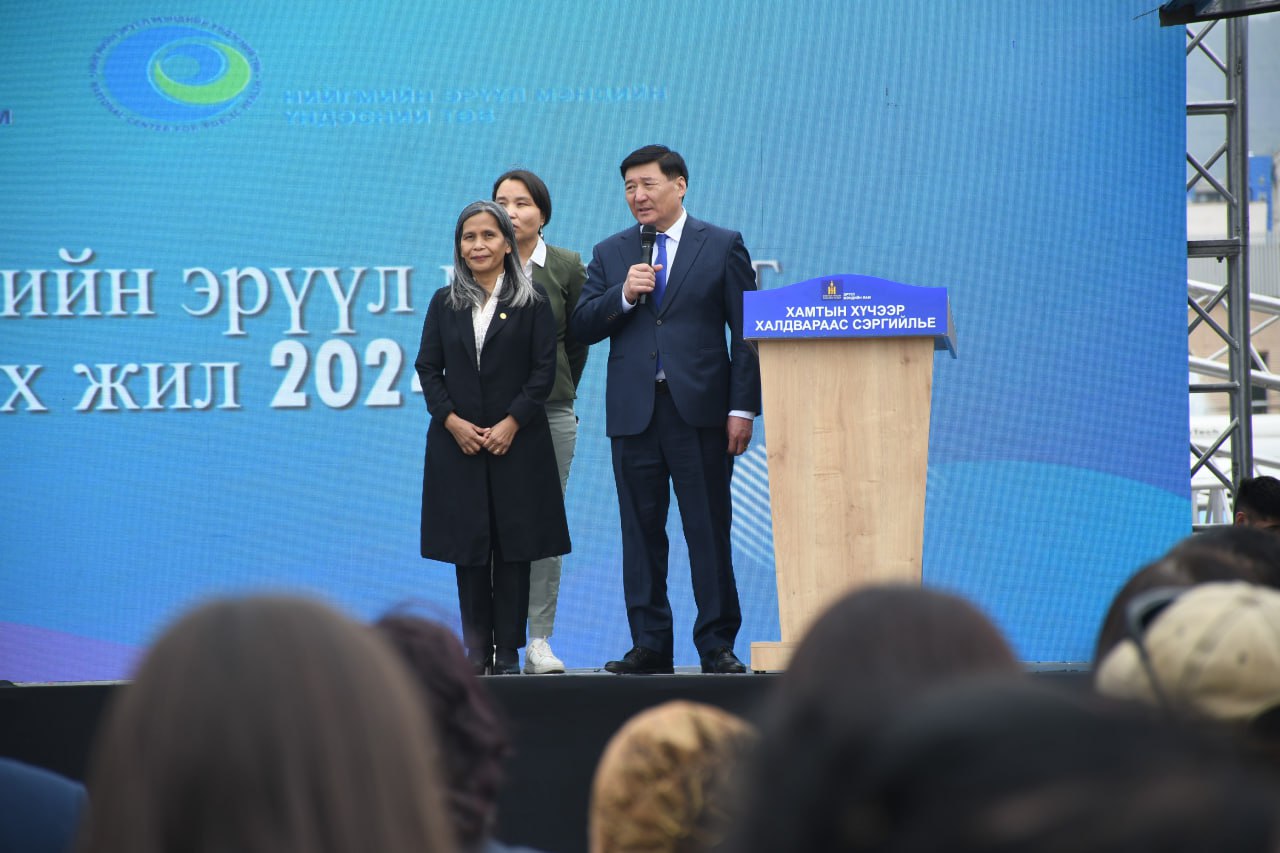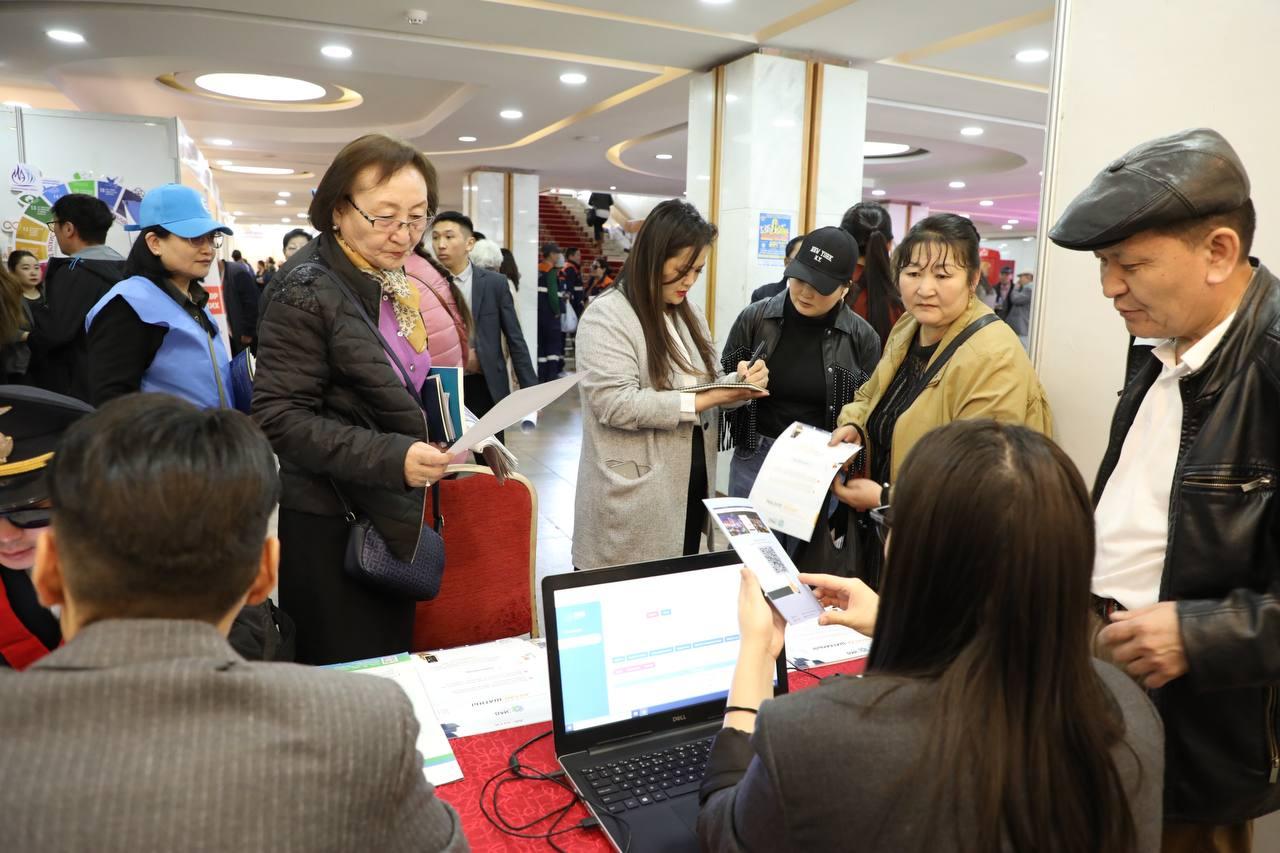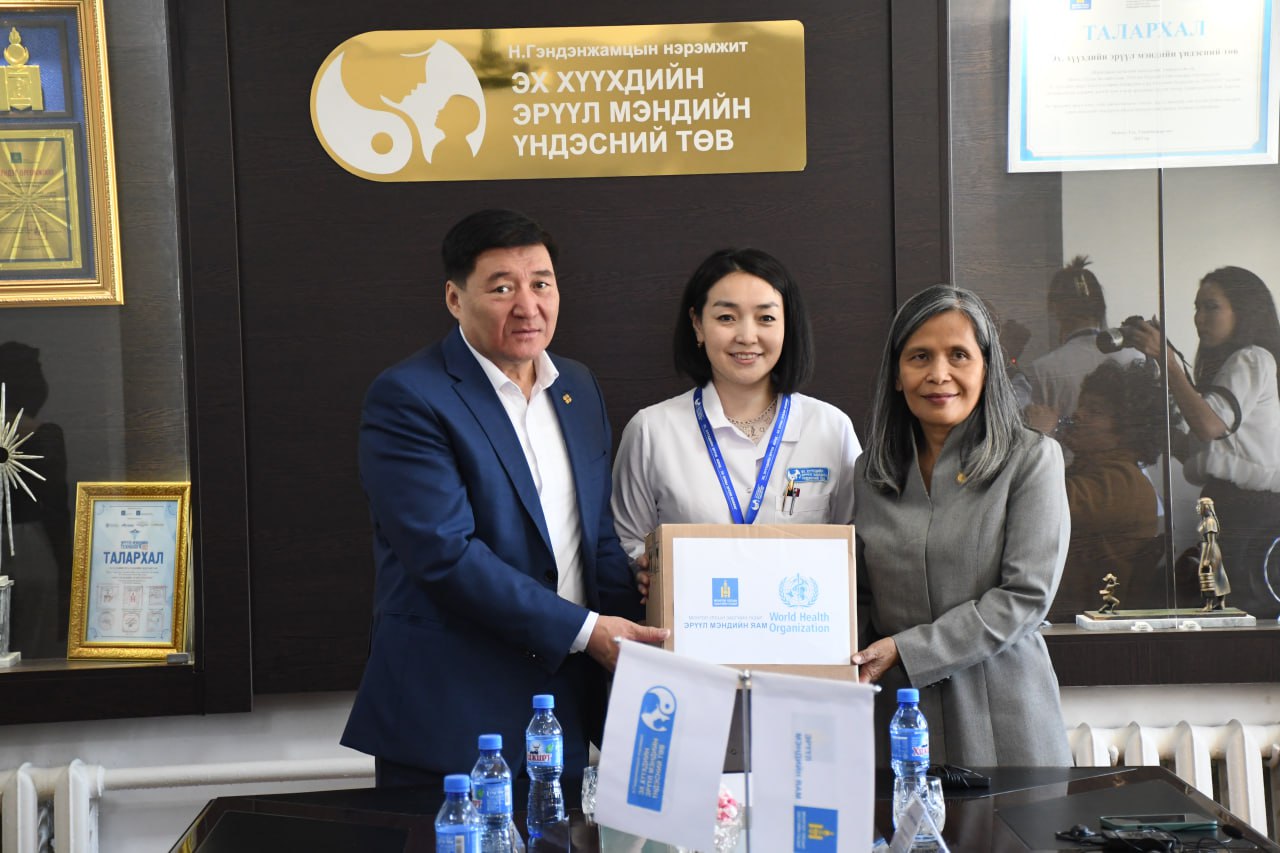This country brief for Mongolia by the International Labour Organization (ILO), Social Protection Department, is extracted from ILO’s report: “Extending social health protection: Accelerating progress towards Universal Health Coverage in Asia and the Pacific”. The country profile was prepared by Roman Chestnov, Marielle Phe Goursat (ILO) and Bayarsaikhan Dorjsuren (WHO, Geneva), with the support of Christine Lohse and Christina Morrison (ILO). The Editor of the series is Valérie Schmitt, Deputy Director, Social Protection Department, ILO.
The country brief presents the following lessons learned:
The case of the Mongolian SHP system illustrates a successful combination of tax funded primary health care and coverage provided through SHI. The mix of financing mechanisms ensures continuity of coverage, and hence continuum of care, throughout the health system. The financial participation of the population through contributions makes SHP more affordable to the government, which can allocate its limited financial resources to provide quality primary health care and support the most vulnerable.
In Mongolia, the fluctuation of policies on SHI contribution subsidies, including the introduction, removal and then reintroduction of subsidies, has impacted enrolment rates and in turn financial protection. This illustrates the crucial need for consistency in social health protection policies and continuity in government financial allocation in the form of SHI contribution subsidies to enable coverage of groups of the population with low contributory capacity.
Mongolia is facing a triple challenge: not only is it the most sparsely populated country in the world, but the country has a large nomadic population spread over large areas. This makes the provision of public services expensive, and complicates the ability to reach out to populations in need. With only 40 per cent of Mongolian herders participating in the health insurance scheme (National Statistical Office 2018), specific strategies are needed. The government is endeavouring to adjust the health protection system to cover these groups through the provision of subsidies for low-income earners, and by enhancing the flexibility of contribution mechanisms in terms of timing and frequency of payments.





